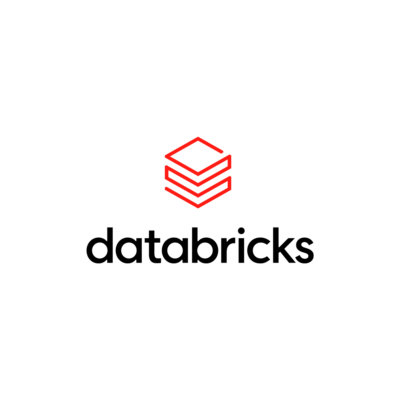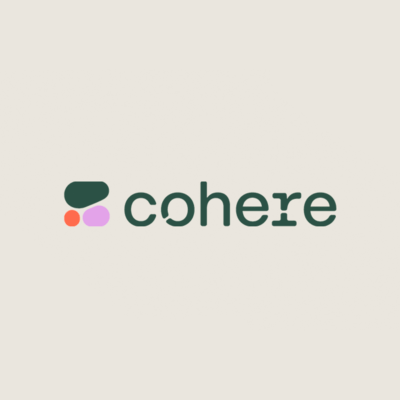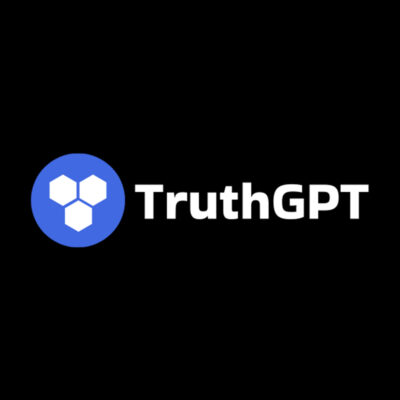Compare Models
-
Stanford University
Alpaca
FREEStanford University released an instruction-following language model called Alpaca, which was fine-tuned from Meta’s LLaMA 7B model. The Alpaca model was trained on 52K instruction-following demonstrations generated in the style of self-instruct using text-davinci-003. Alpaca aims to help the academic community engage with the models by providing an open source model that rivals OpenAI’s GPT-3.5 (text-davinci-003) models. To this end, Alpaca has been kept small and cheap (fine-tuning Alpaca took 3 hours on 8x A100s which is less than $100 of cost) to reproduce. All training data and techniques have been released. The Alpaca license explicitly prohibits commercial use, and the model can only be used for research/personal projects, and users need to follow LLaMA’s license agreement. -
Databricks
Dolly 2.0
FREEDolly 2.0 by Databricks, is the first open source, instruction-following Large Language Model, fine-tuned on a human-generated instruction dataset and is licensed for research and commercial use, which means any organization can create, own, and customize powerful LLMs that can talk to people without paying for API access or sharing data with third parties.Dolly 2.0 is a 12B parameter language model based on the EleutherAI pythia model family and fine-tuned exclusively on a new, high-quality human generated instruction following dataset (crowdsourced among Databricks employees – so cool). Dolly-v2-12b is not a state-of-the-art model, but it does exhibit surprisingly high-quality instruction following behavior not characteristic of the foundation model on which it is based. Dolly v2 is also available in smaller model sizes: dolly-v2-7b, a 6.9 billion parameter based on pythia-6.9b and dolly-v2-3b, a 2.8 billion parameter based on pythia-2.8b.Dolly 2.0 can be used for brainstorming, classification, open Q&A, closed Q&A, content generation, information extraction, and summarization. You can access the Dolly 2.0 can training code, the dataset, and the model weights on Hugging Face. -
Cohere
Generate
$0.015Cohere is a Canadian startup that provides high-performance and secure LLMs for the enterprise. Their models work on public, private, or hybrid clouds.Cohere Generate can be used for tasks such as copywriting, named entity recognition, paraphrasing, and summarization. It can be particularly useful for automating time-consuming and repetitive copywriting tasks and re-wording text to suit a specific reader or context.Cohere Generate is available as an API that can be integrated into various libraries using Python, Node, or Go software development kits (SDKs).We have shown the price of the Cohere Generate Default version, but a Cohere Generate Custom model is available but is double the price (0.030 per 1/k tokens). However, custom models can lead to some of the best-performing NLP models for many tasks. -
Amazon
SageMaker
FREEAmazon SageMaker enables developers to create, train, and deploy machine-learning (ML) models in the cloud. SageMaker also enables developers to deploy ML models on embedded systems and edge-devices. Amazon SageMaker JumpStart helps you quickly and easily get started with machine learning. The solutions are fully customizable and supports one-click deployment and fine-tuning of more than 150 popular open source models such as natural language processing, object detection, and image classification models that can help with extracting and analyzing data, fraud detection, churn prediction and personalized recommendations.The Hugging Face LLM Inference DLCs on Amazon SageMaker, allows support the following models: BLOOM / BLOOMZ, MT0-XXL, Galactica, SantaCoder, GPT-Neox 20B (joi, pythia, lotus, rosey, chip, RedPajama, open assistant, FLAN-T5-XXL (T5-11B), Llama (vicuna, alpaca, koala), Starcoder / SantaCoder, and Falcon 7B / Falcon 40B. Hugging Face’s LLM DLC is a new purpose-built Inference Container to easily deploy LLMs in a secure and managed environment. -
StableLM
StableLM-Base-Alpha -7B
FREEStability AI released a new open-source language model, StableLM. The Alpha version of the model is available in 3 billion and 7 billion parameters. StableLM is trained on a new experimental dataset built on The Pile, but three times larger with 1.5 trillion tokens of content. The richness of this dataset gives StableLM surprisingly high performance in conversational and coding tasks, despite its small size. The models are now available on GitHub and on Hugging Face, and developers can freely inspect, use, and adapt our StableLM base models for commercial or research purposes subject to the terms of the CC BY-SA-4.0 license.
-
Cohere
Summarize
$0.015Cohere is a Canadian startup that provides high-performance and secure LLMs for the enterprise. Their models work on public, private, or hybrid clouds and is available as an API that can be integrated into various libraries using Python, Node, or Go software development kits (SDKs).Cohere Summarize generates a succinct version of a provided text. This summary relays the most important messages of the text, and a user can configure the results with a variety of parameters to support unique use cases. It can instantly encapsulate the key points of a document and provides text summarization capabilities at scale. -
TruthGPT
TruthGPT
OtherTruthGPT is a large language model (LLM), and according to Elon Musk, TruthGPT will be a “maximum truth-seeking” AI. In terms of how it works, it filters through thousands of datasets and draws educated conclusions to provide answers that are as unbiased as possible. TruthGPT is powered by $TRUTH, a tradable cryptocurrency on the Binance Smart Chain. $TRUTH holders will soon access additional benefits when using TruthGPT AI. When we learn more, we will update this section.







